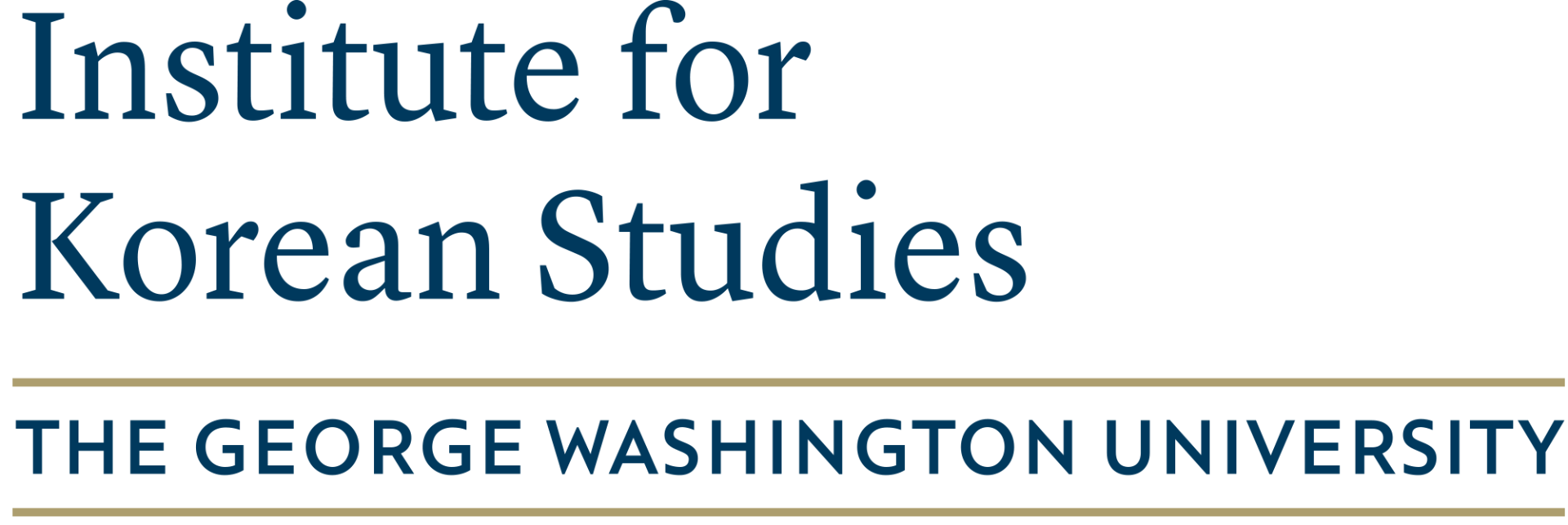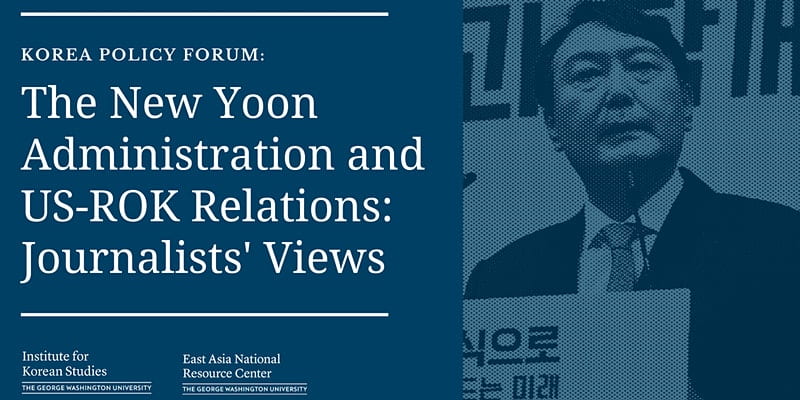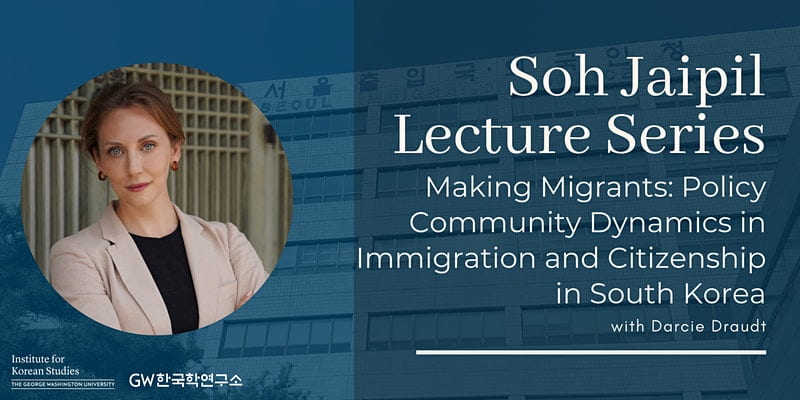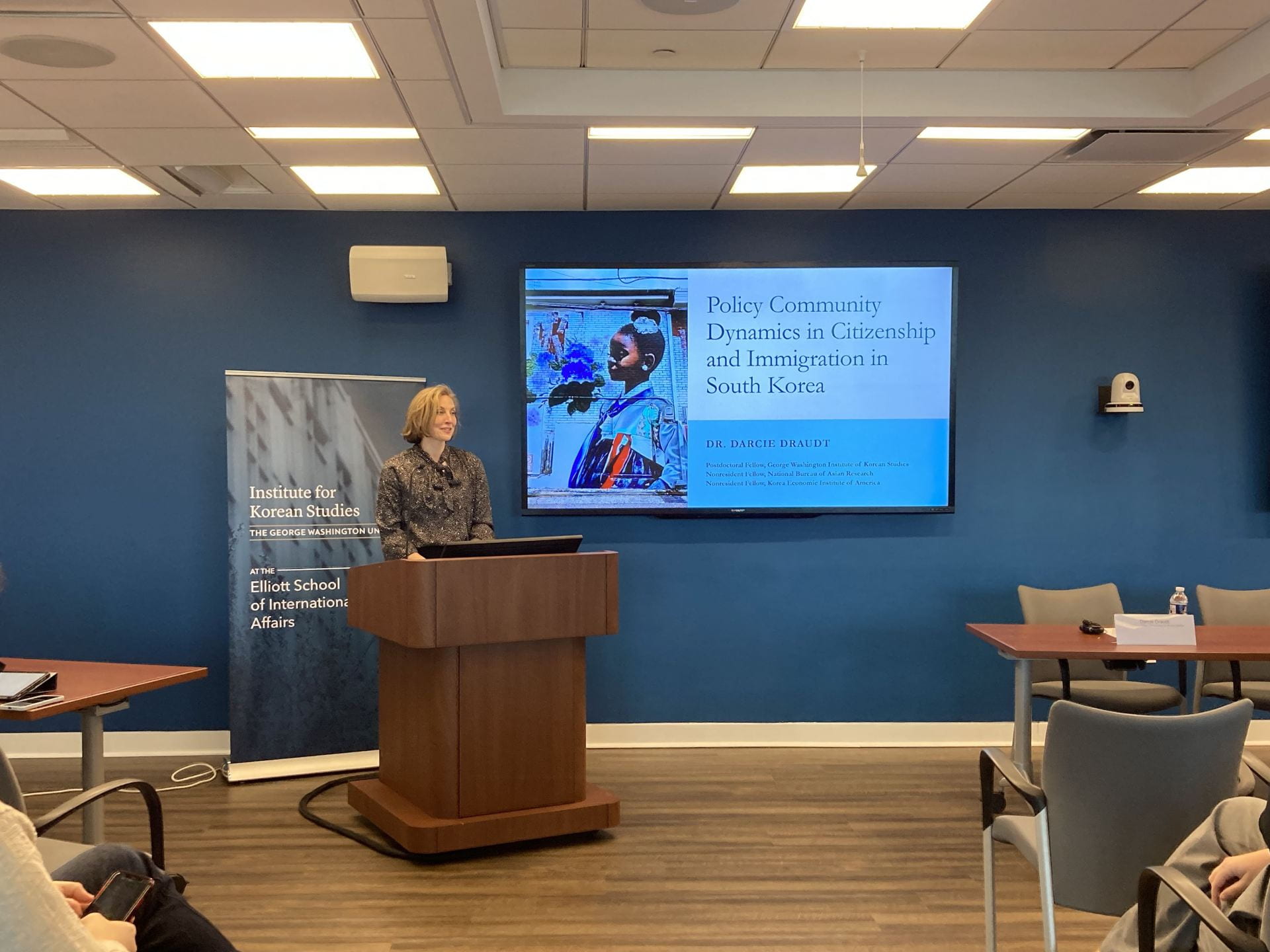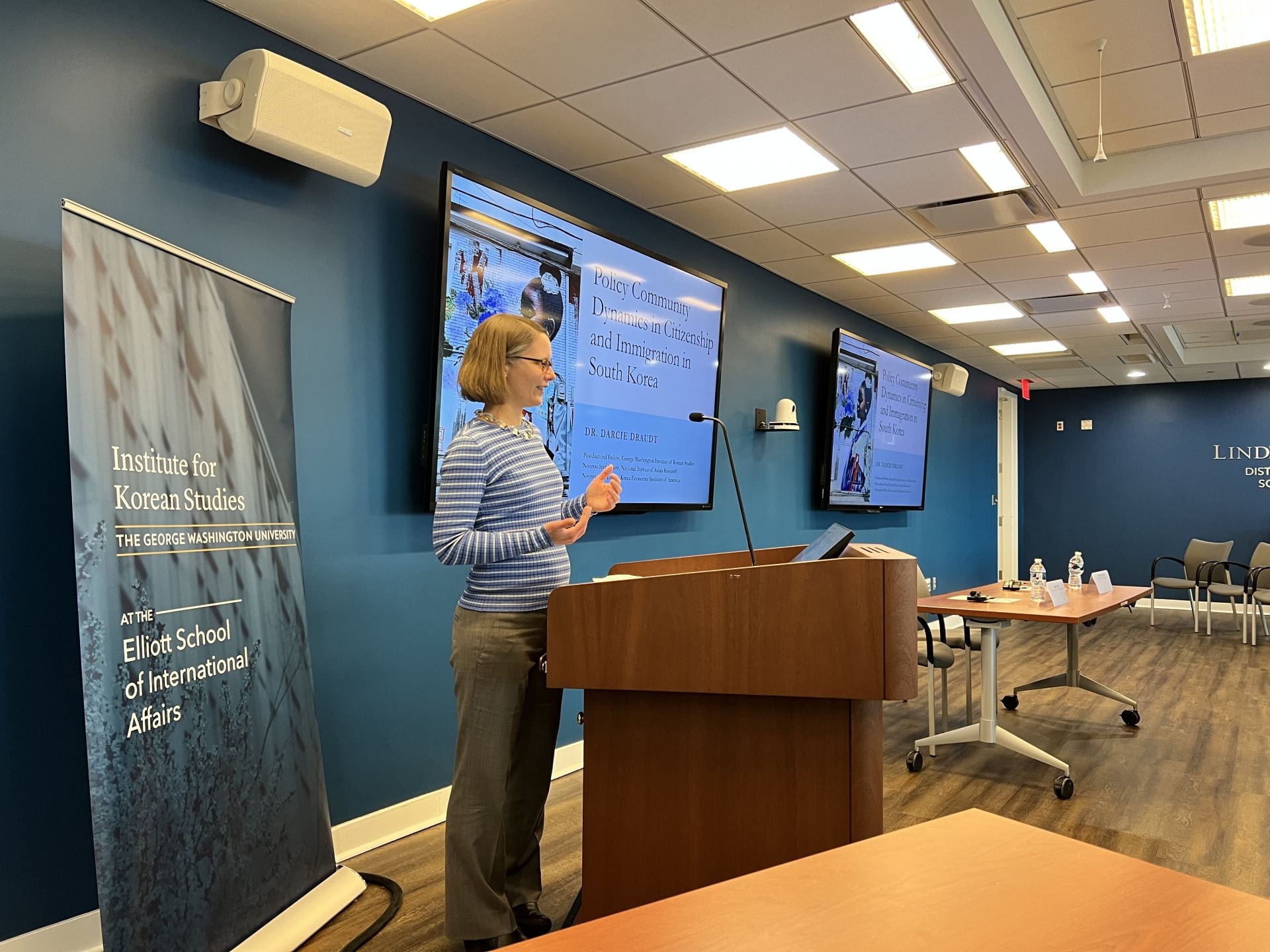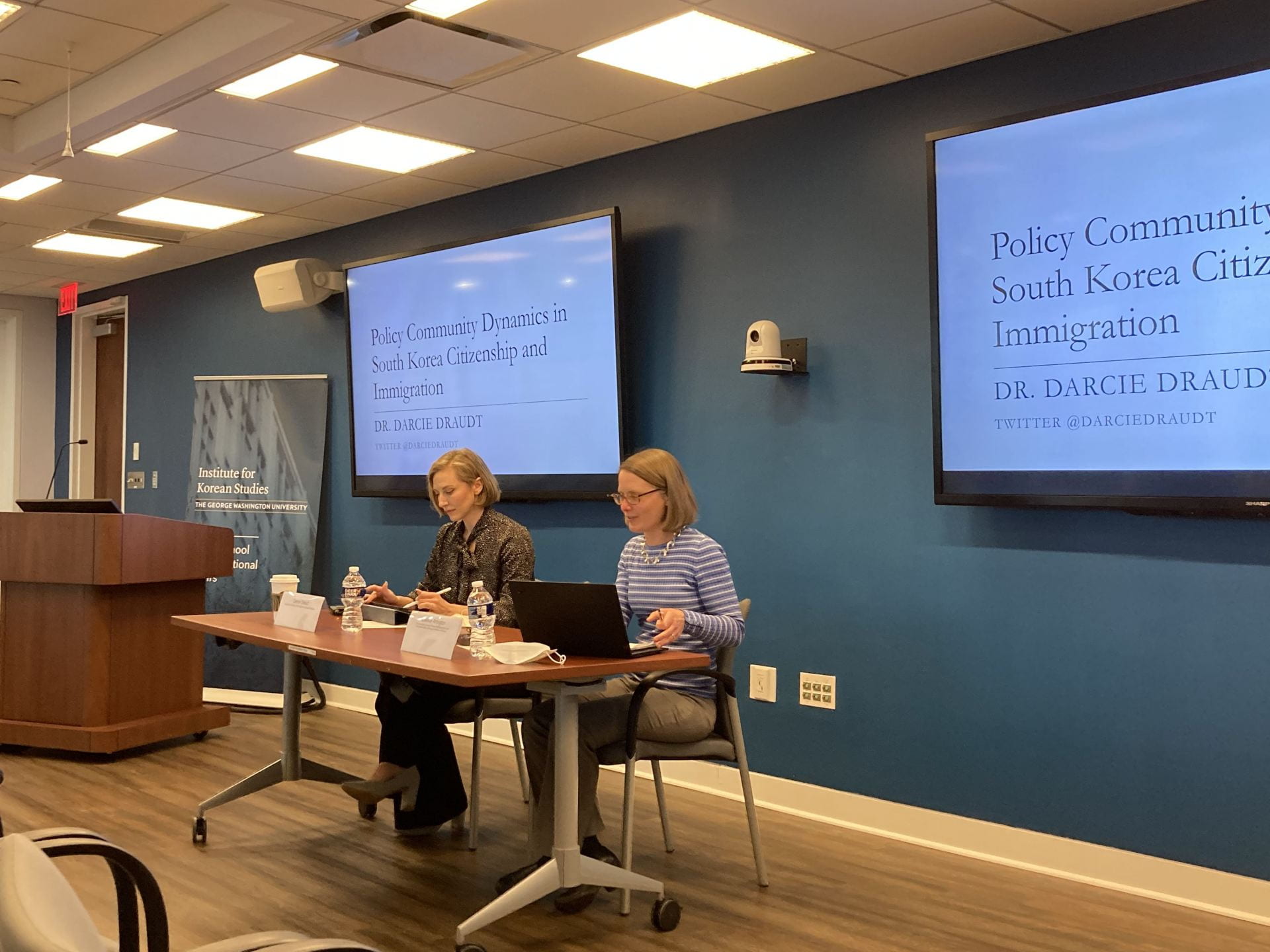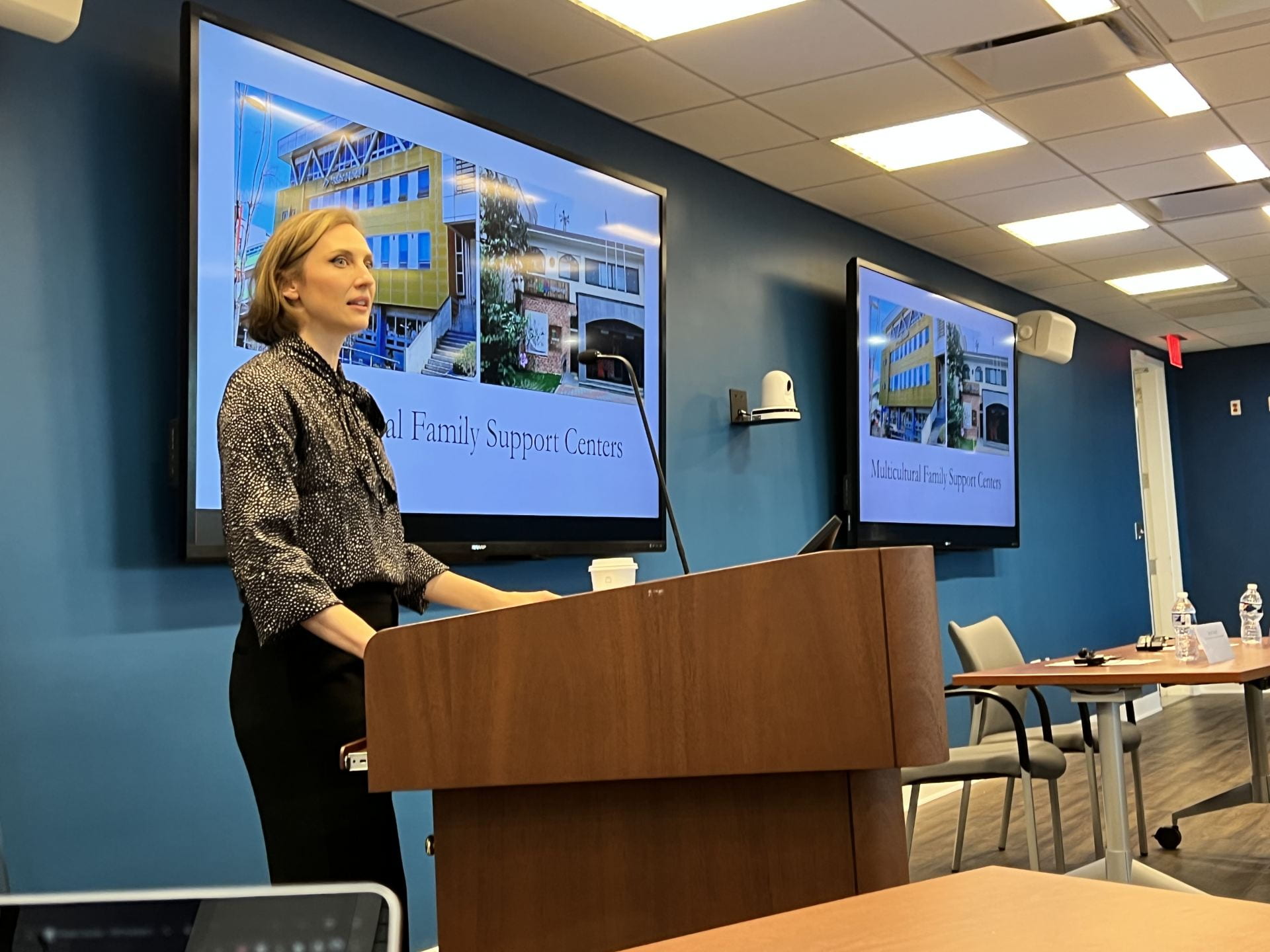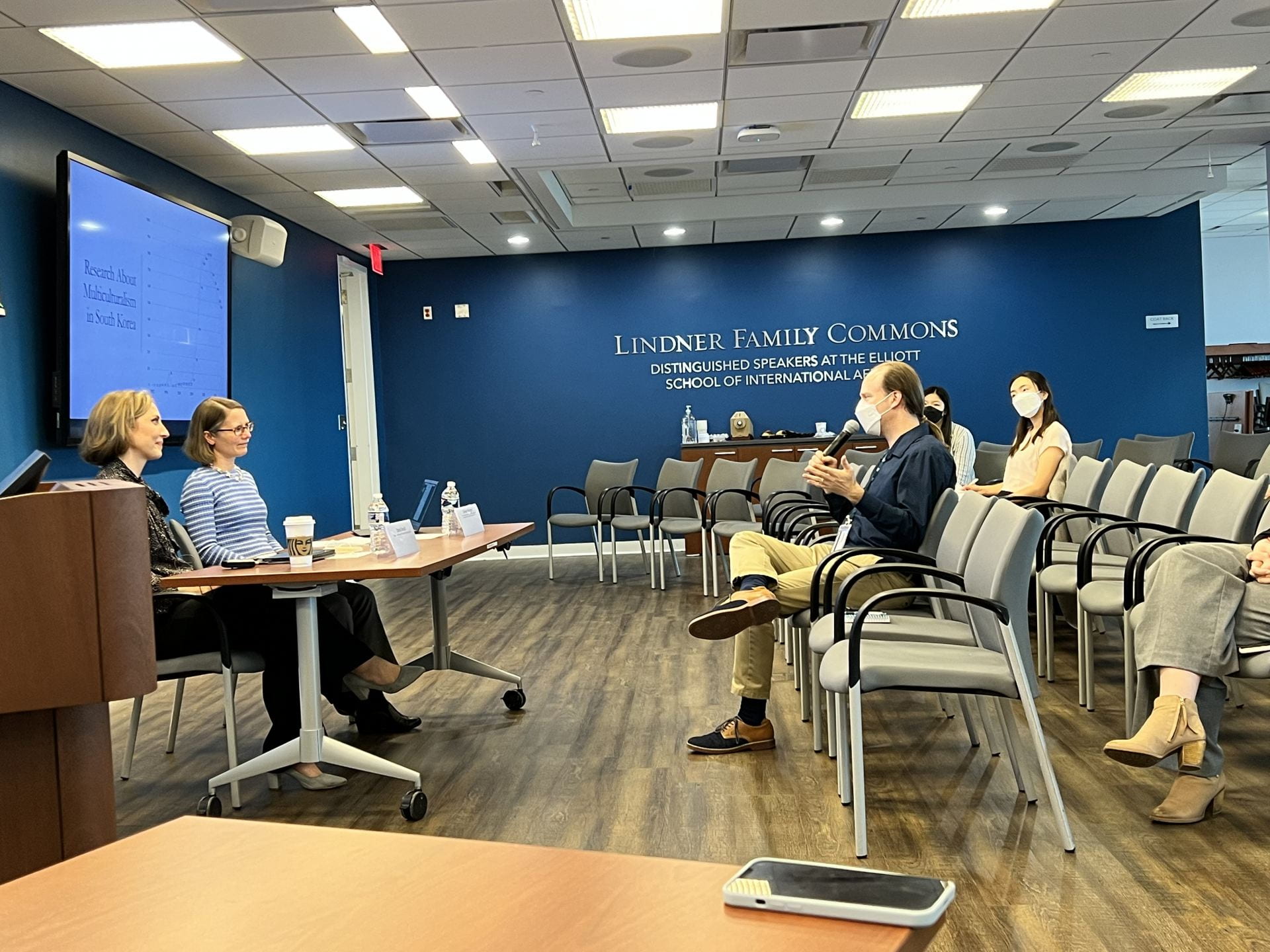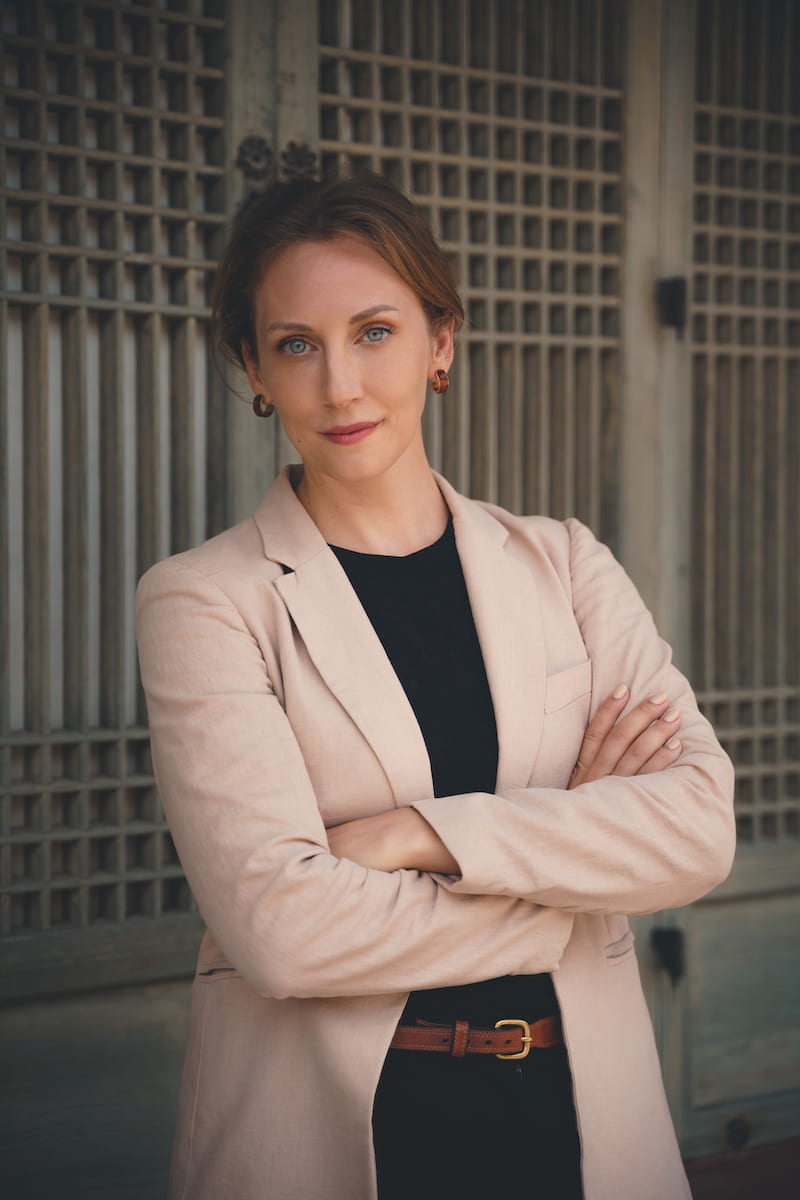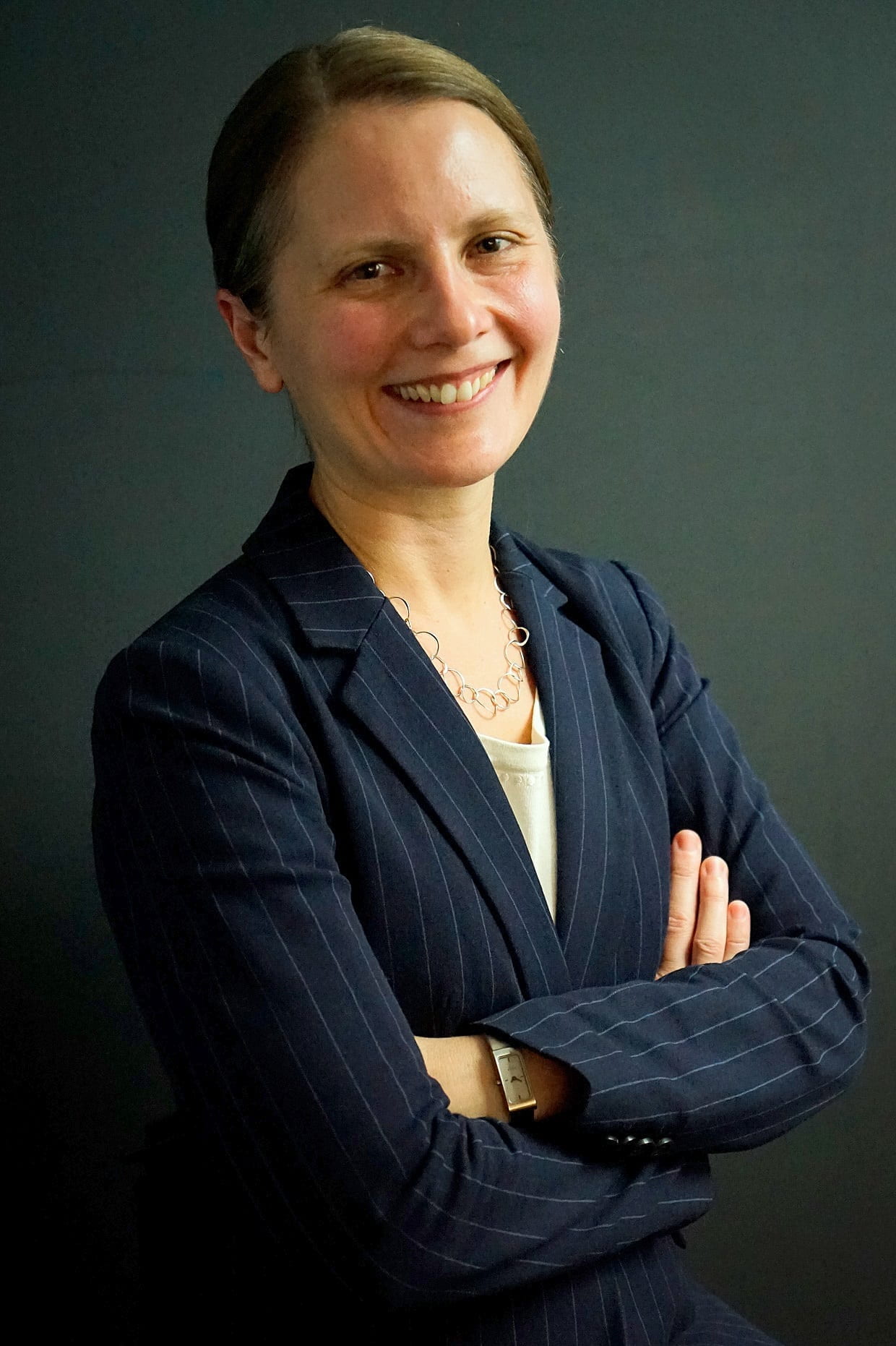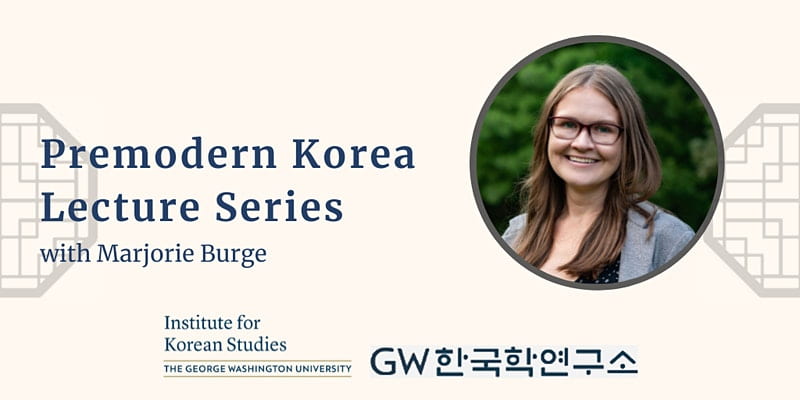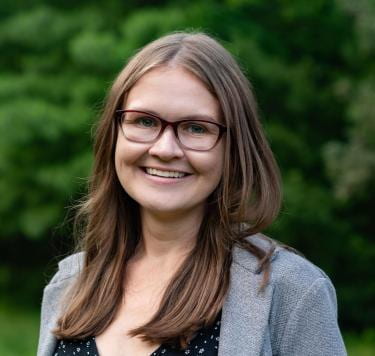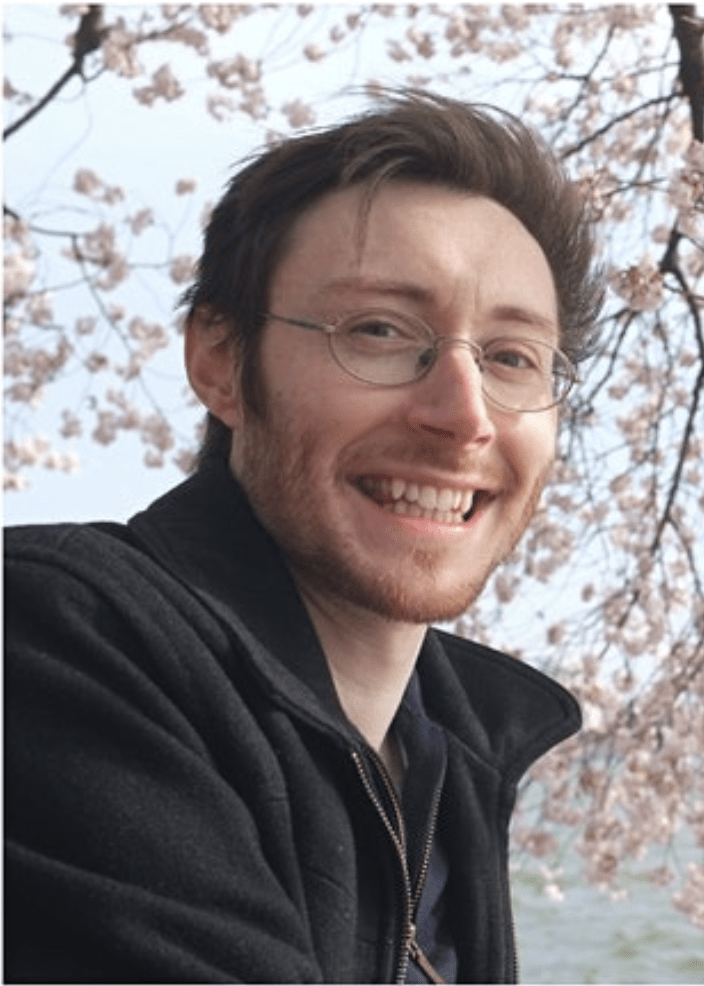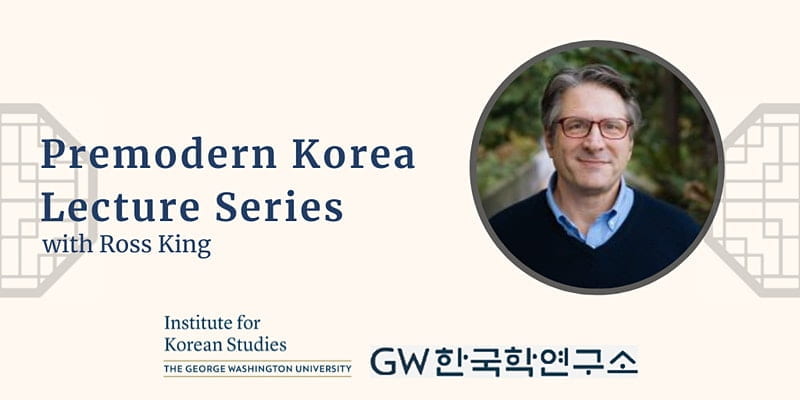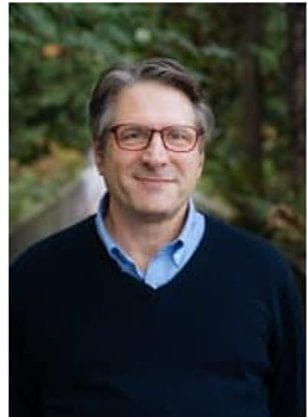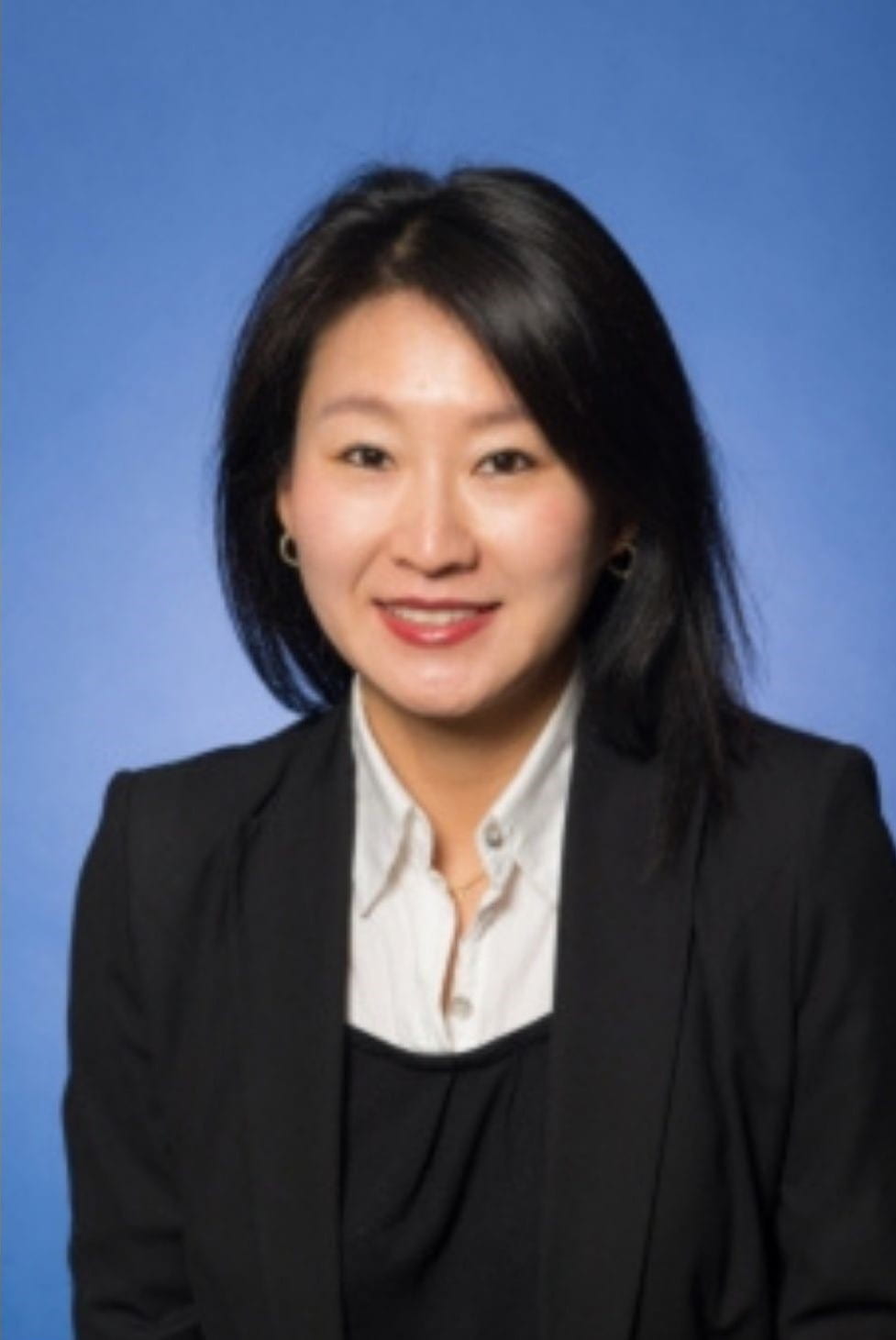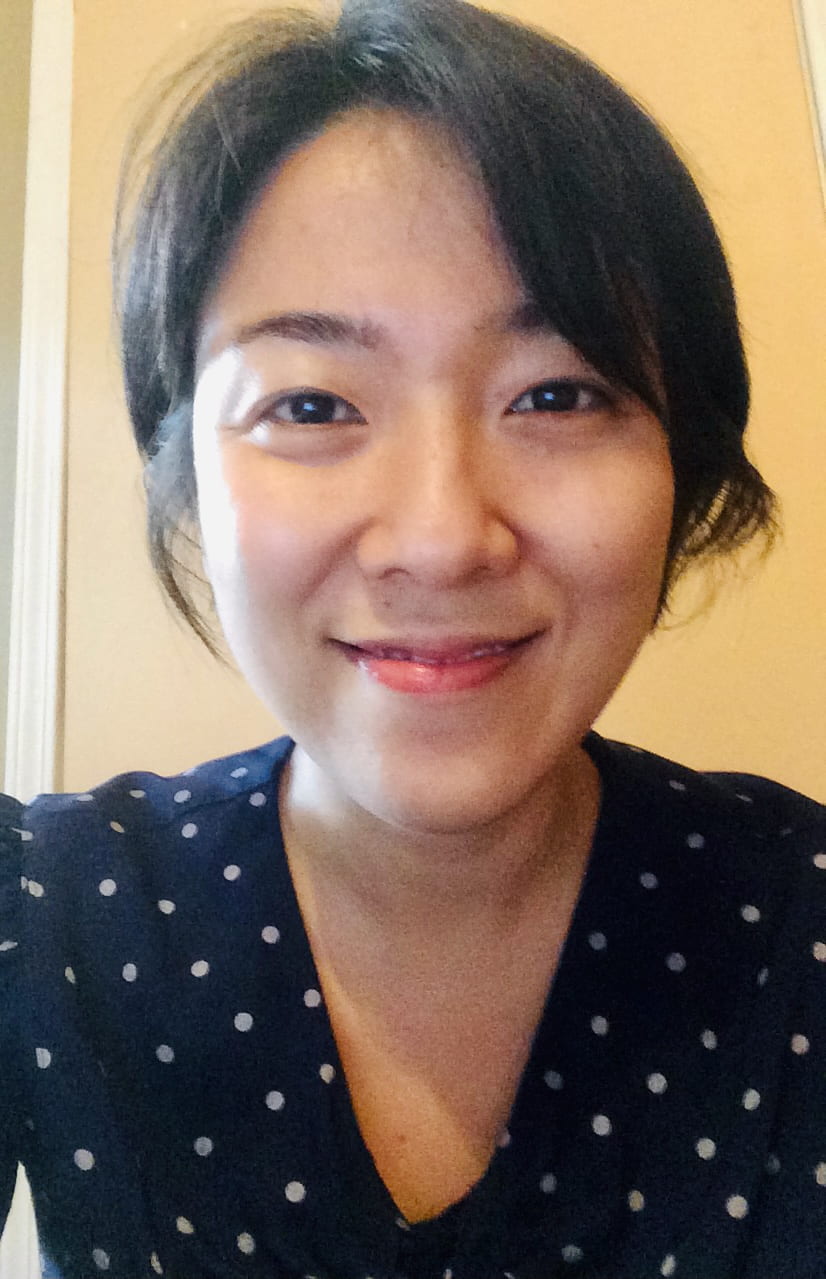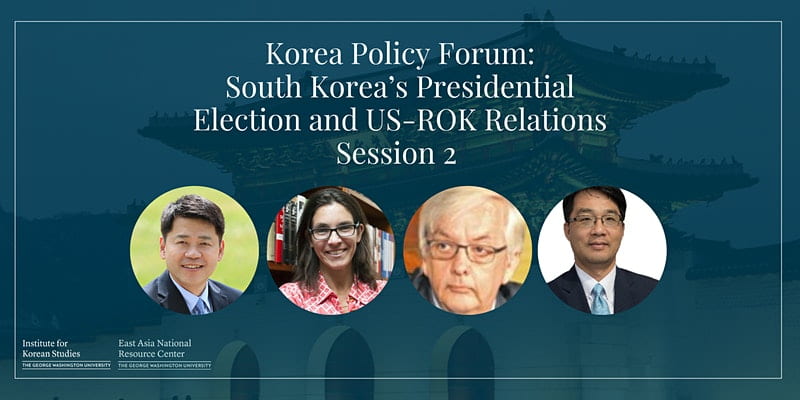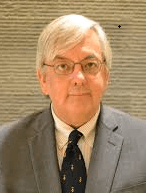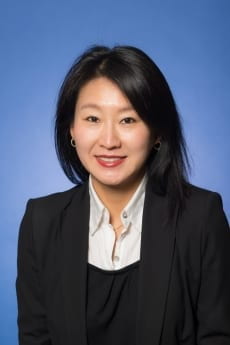Korea Policy Forum
The New Yoon Administration and US-ROK Relations: Journalists’ Views
Tuesday, March 22, 2022
9:00 AM – 10:15 AM EDT
Zoom Event
The People Power Party candidate, former Prosecutor General Yoon Suk-yeol, was narrowly elected as South Korea’s next president on March 9, 2022. President-elect Yoon will take office on May 10, 2022. In anticipation of the start of a new administration, The GW Institute for Korean Studies has invited four renowned journalists (two each from South Korea and the United States) to discuss the domestic reactions to the results of the Korean presidential election and the expectations and concerns about U.S.-Korea relations under the new Yoon administration.
Due to the change in ruling parties, it’s likely that the new Yoon administration’s approach to foreign policy will differ greatly from that of the incumbent Moon administration. Some have speculated that this new administration could pursue a renewed push for closer relations with the U.S. Others have also suggested that the new administration will take a more hardline stance on North Korea compared to the Moon administration’s more conciliatory approach. Given the narrow margin of victory in the election, domestic reactions to any major policy changes are certain to spark a lively debate among a divided Korean public. We invite you to join us to hear our invited journalists’ unique perspectives on these issues and more as we analyze the impact of Yoon’s election victory.
This event is on the record and open to the public.
Speakers
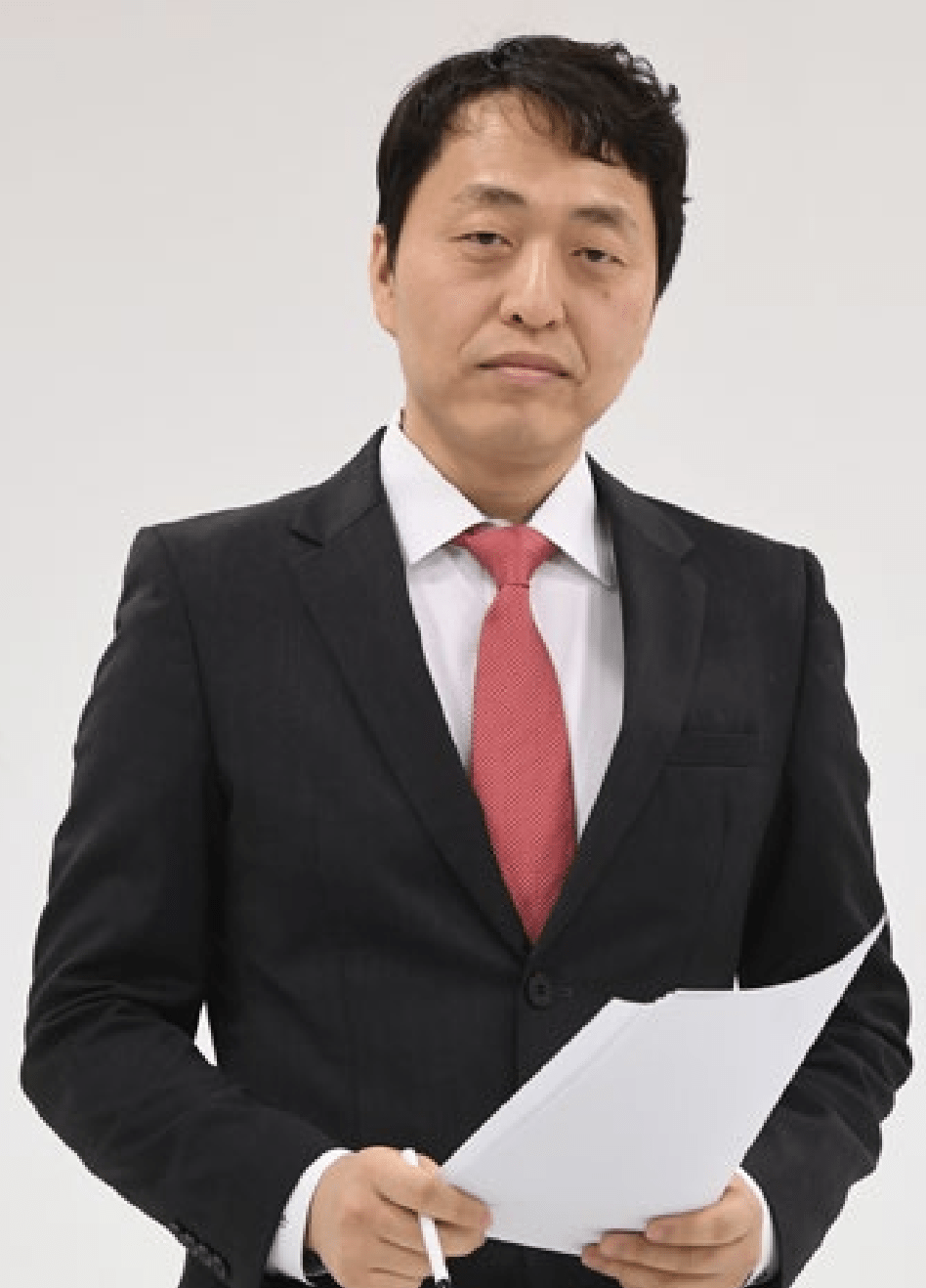
Gyuseok Jang is the News Director of the CBS (Christian Broadcasting System) Morning News show, one of the major nation-wide radio broadcasting programs in South Korea. He directs the overall procedures of the show, including curating items, broadcast programing, and producing breaking news and podcasts. He also previously worked as a Washington correspondent for 3 years (2017-2019). While residing in D.C., he delivered news about U.S.-ROK and U.S.-DPRK relations issues via radio, internet, and social media. He has also had the opportunity to research and write about all the ups and downs of U.S.-DPRK relations, from the so called ‘Bloody Nose Strike’ to U.S.-DPRK Summits. He obtained his B.A. in Public Administration from Yonsei University and also received an M.S. in Local Economic Development from the London School of Economics.
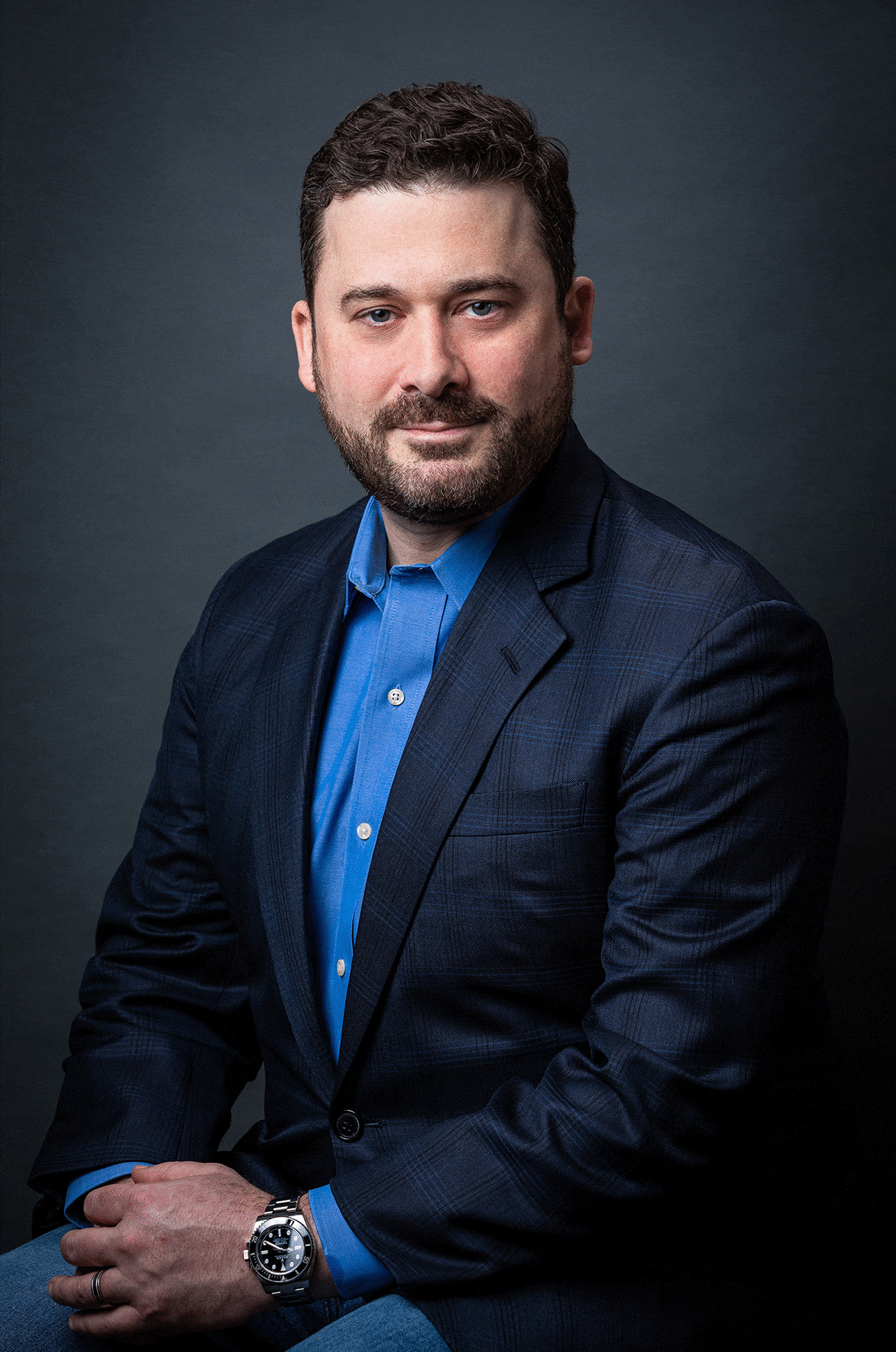
Josh Rogin is a columnist for the Global Opinions section of the Washington Post and a political analyst with CNN. He is also the author of Chaos Under Heaven: Trump, Xi, and the Battle for the 21st Century, released in March, 2021 by Houghton Mifflin Harcout. Previously, he has covered foreign policy and national security for Bloomberg View, Newsweek, The Daily Beast, Foreign Policy magazine, Congressional Quarterly, Federal Computer Week magazine, and Japan’s Asahi Shimbun. His work has been featured on outlets including NBC, ABC, CBS, FOX, MSNBC, NPR, and many more. He has been recognized with the Interaction Award for Excellence in International Reporting and as a Finalist for the Livingston Award for Young Journalists. He has also received journalism fellowships from the Knight Foundation, the East-West Center, and the National Press Foundation. He has a B.A. in international affairs from the George Washington University and studied at Sophia University in Tokyo, Japan. He lives in Washington, DC with his wife Ali Rogin of the PBS News Hour.
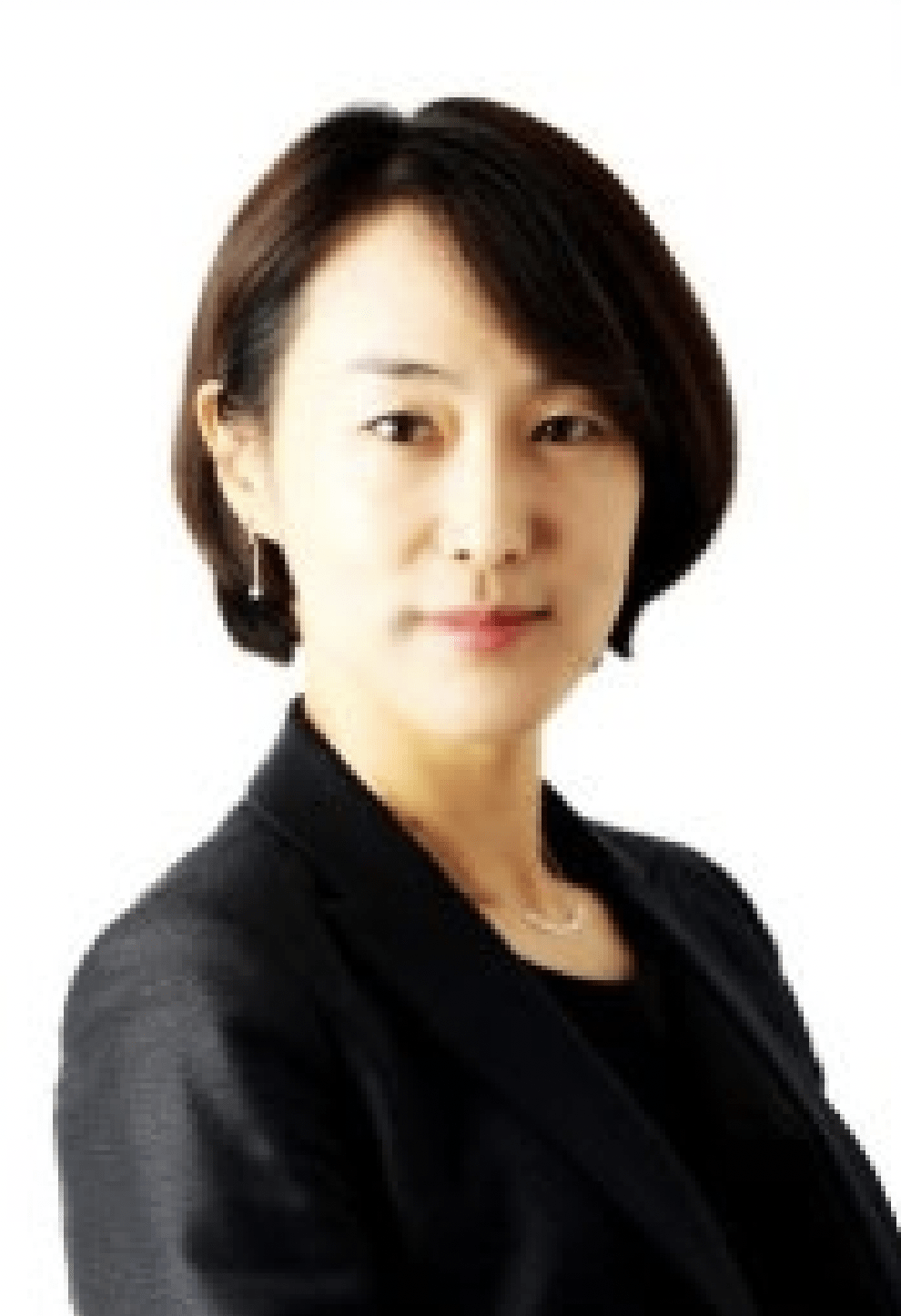
Jung Eun Lee is an editorial writer and a reporter at the Dong-A Ilbo Daily in South Korea. She worked as a Washington correspondent from 2019 to 2021. She specializes in national security and foreign affairs, and has been reporting on North Korea, denuclearization of the Korean peninsula, and U.S. Indo-Pacific Strategy. She was dispatched to Channel A, the affiliate broadcasting company of Dong-A Ilbo, as a senior reporter at the political desk in 2014. She was a visiting scholar at the U.S.-Korea Institute (USKI) at Johns Hopkins School of Advanced International Studies from 2014 to 2015. She obtained her B.A. in journalism from Seoul National University, and M.A. from the Graduate School of North Korean Studies.
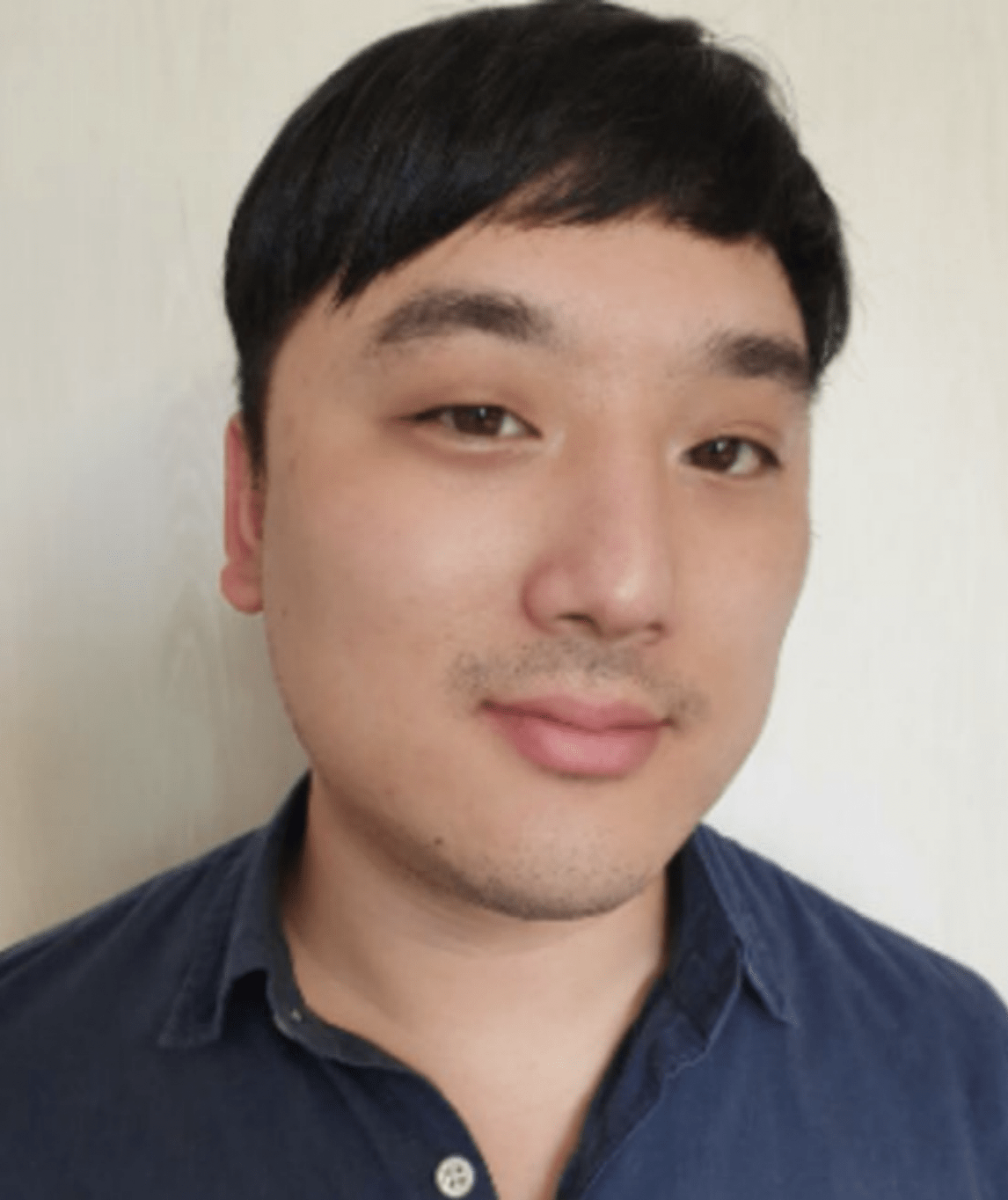
Tim Martin is the Korea bureau chief for The Wall Street Journal, where he oversees news coverage on the Korean Peninsula. He has been based in Seoul since early 2017, with prior stints at the Journal’s offices in New York, Chicago and Atlanta—where he covered public health and the CDC. He holds a B.A. in Journalism from Eastern Illinois University and also previously studied Korean at Seoul National University.
Moderator
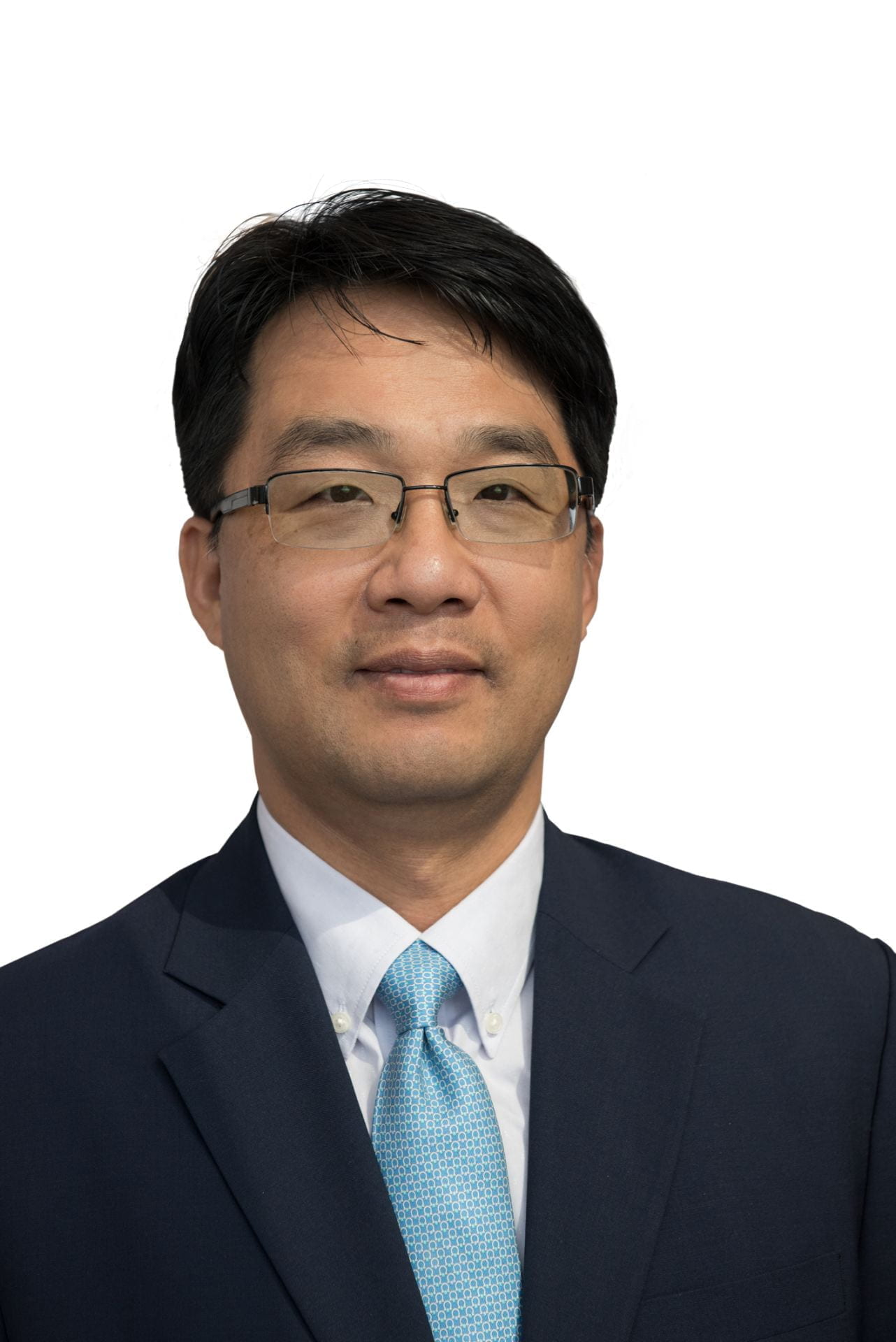
Yonho Kim is an Associate Research Professor of Practice and the Associate Director of GW Institute for Korean Studies. He specializes in North Korea’s mobile telecommunications and U.S. policy towards North Korea. Kim is the author of North Korean Phone Money: Airtime Transfers as a Precursor to Mobile Payment System (2020), North Korea’s Mobile Telecommunications and Private Transportation Services in the Kim Jong-un Era (2019) and Cell Phones in North Korea: Has North Korea Entered the Telecommunications Revolution? (2014). His research findings were covered by various media outlets, including Wall Street Journal, The Atlantic, Yonhap News, and Libération. Prior to joining GWIKS, he extensively interacted with the Washington policy circle on the Korean peninsula as Senior Researcher of the U.S.-Korea Institute at Johns Hopkins University School of Advanced International Studies, Senior Reporter for Voice of America’s Korean Service, and Assistant Director of the Atlantic Council’s Program on Korea in Transition. He holds a B.A. and M.A. in International Relations from Seoul National University, and an M.A. in International Relations and International Economics from Johns Hopkins University School of Advanced International Studies.
